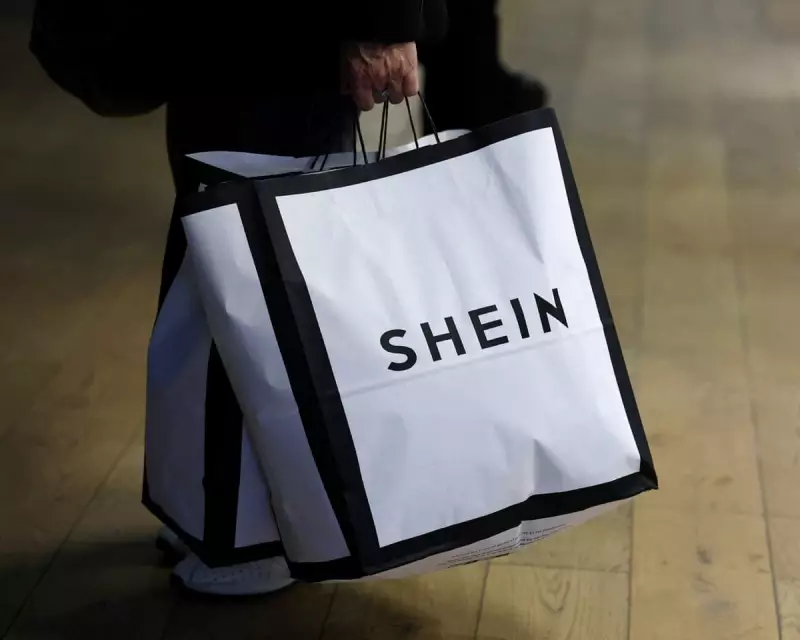
Major UK retail organisations are demanding the government accelerate plans to scrap a controversial tax break on low-value imported goods, arguing it creates an uneven playing field that disadvantages British businesses.
The £150 Import Advantage
The British Retail Consortium (BRC) has joined forces with the British Independent Retailers Association to pressure ministers to act faster on eliminating the £150 de minimis threshold for imported goods. This rule currently allows overseas businesses to ship products worth under £150 to UK customers without paying import VAT or duties.
According to retail leaders, this system gives foreign competitors, particularly those in China, a significant price advantage over UK-based retailers who must charge 20% VAT on all sales. The issue has become increasingly pressing as online shopping continues to grow, with more consumers purchasing directly from international sellers.
Government Timeline Under Fire
While the government announced in March that it would scrap the threshold, the planned implementation date of April 2026 has drawn criticism for being too distant. Retail organisations argue that the delay continues to put British businesses at a competitive disadvantage during a critical period for the retail sector.
Tom Ironside of the BRC emphasised the urgency, stating that the current system "distorts the market in favour of overseas retailers" and creates an "unfair playing field" that ultimately harms UK high streets. The retail sector pays approximately £7.5 billion in business rates annually, adding to the sense of inequality when competing against overseas sellers who benefit from the tax exemption.
Impact on High Streets and Consumers
The campaign to end the tax break sooner highlights several key concerns for the UK retail landscape. Beyond the immediate price disadvantage, retailers point to broader implications for consumer protection and product safety.
Goods imported under the de minimis threshold may not meet UK safety standards, and consumers have fewer protections when dealing with overseas sellers. The current system also potentially facilitates VAT fraud, costing the Treasury significant revenue at a time when public finances are under pressure.
Andrew Goodacre of Bira noted that while the government's commitment to address the issue is welcome, "the two-year wait is too long" for struggling retailers. The organisations are calling for a more immediate timeline that would level the playing field sooner and provide relief to UK businesses competing in an increasingly global marketplace.
As the retail sector continues to navigate post-pandemic challenges and changing consumer habits, the elimination of this tax advantage is seen as crucial for supporting British businesses and ensuring fair competition in the digital age.





